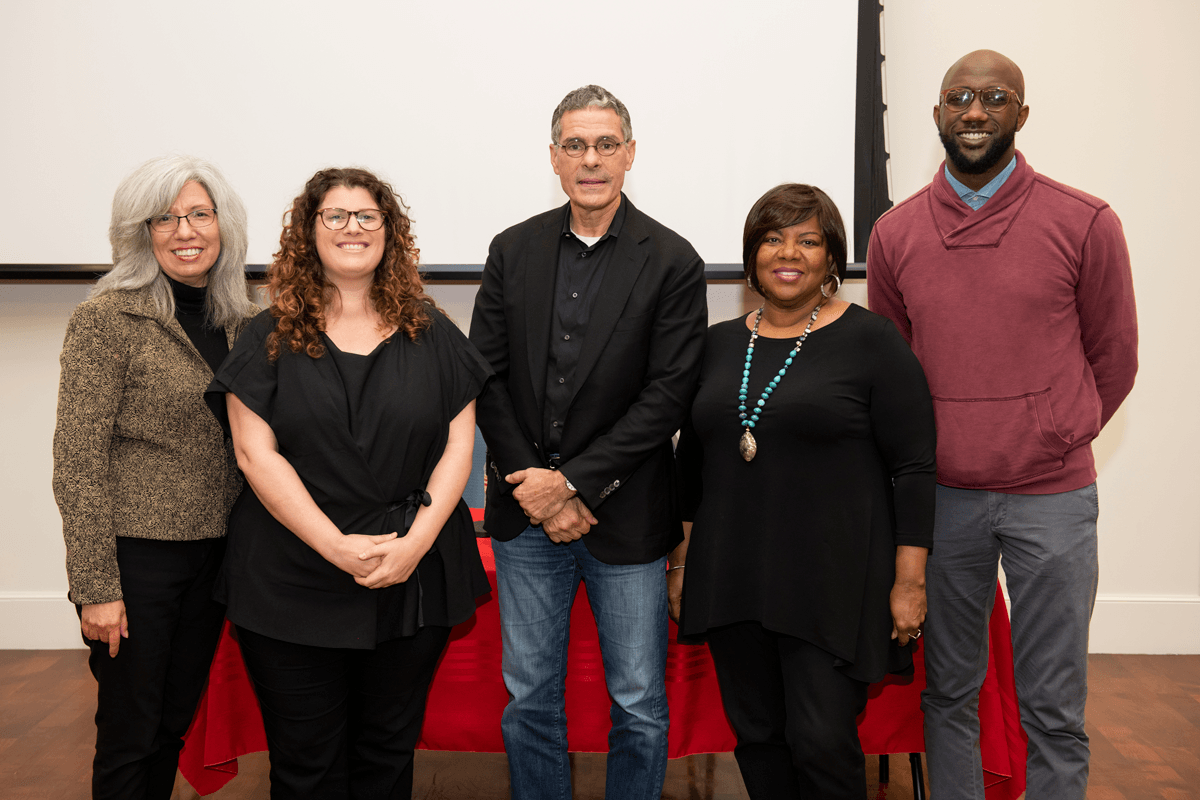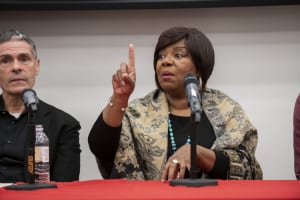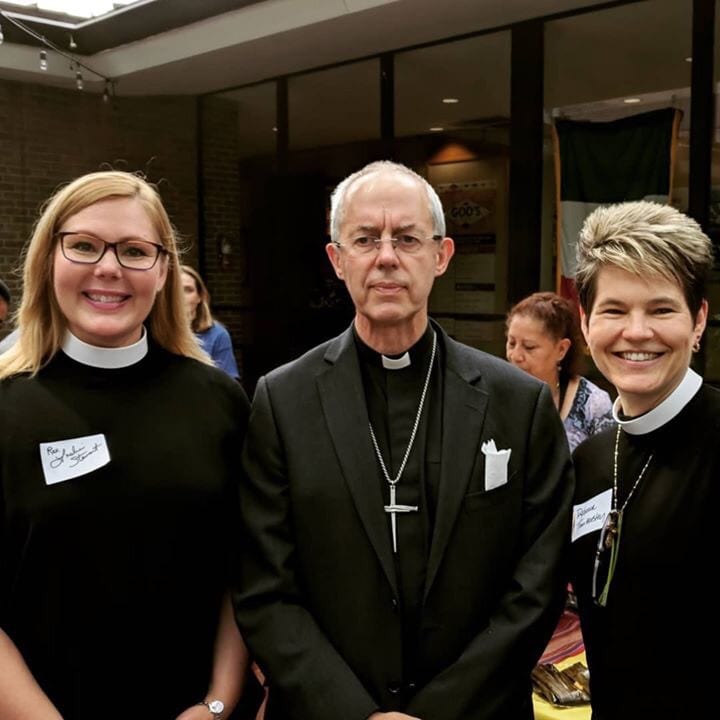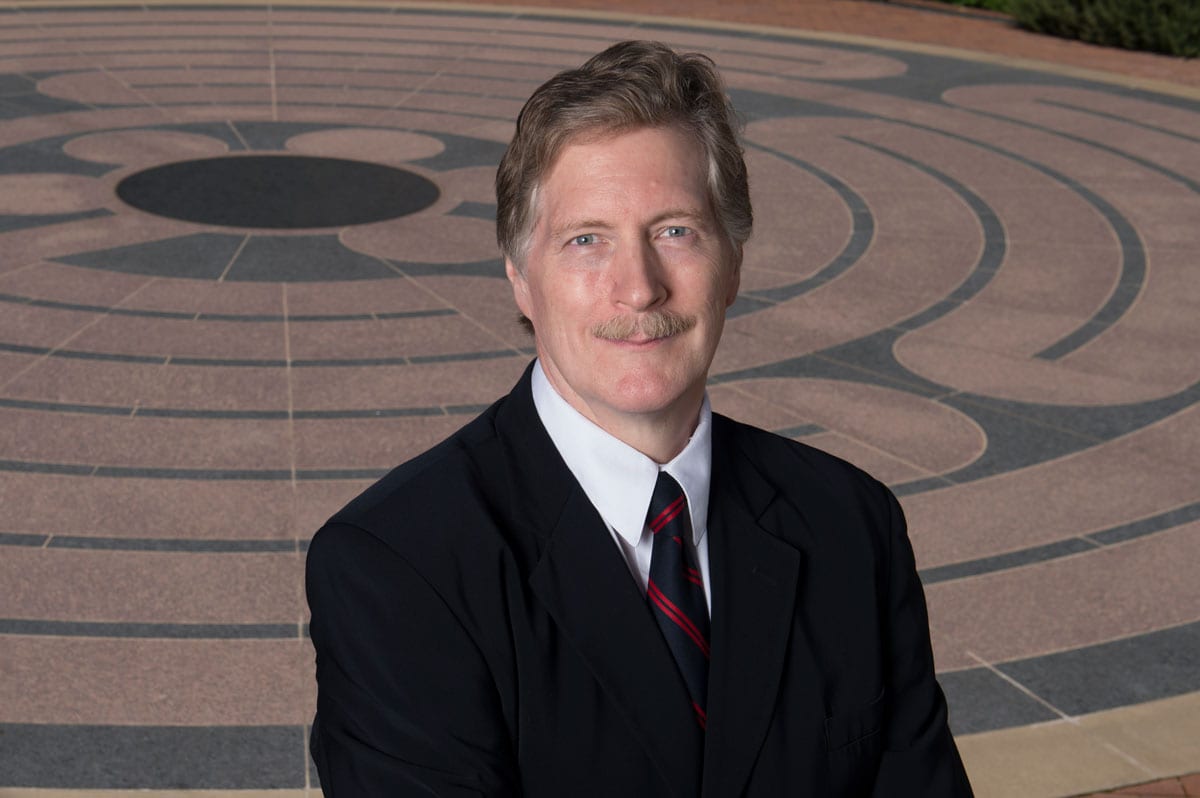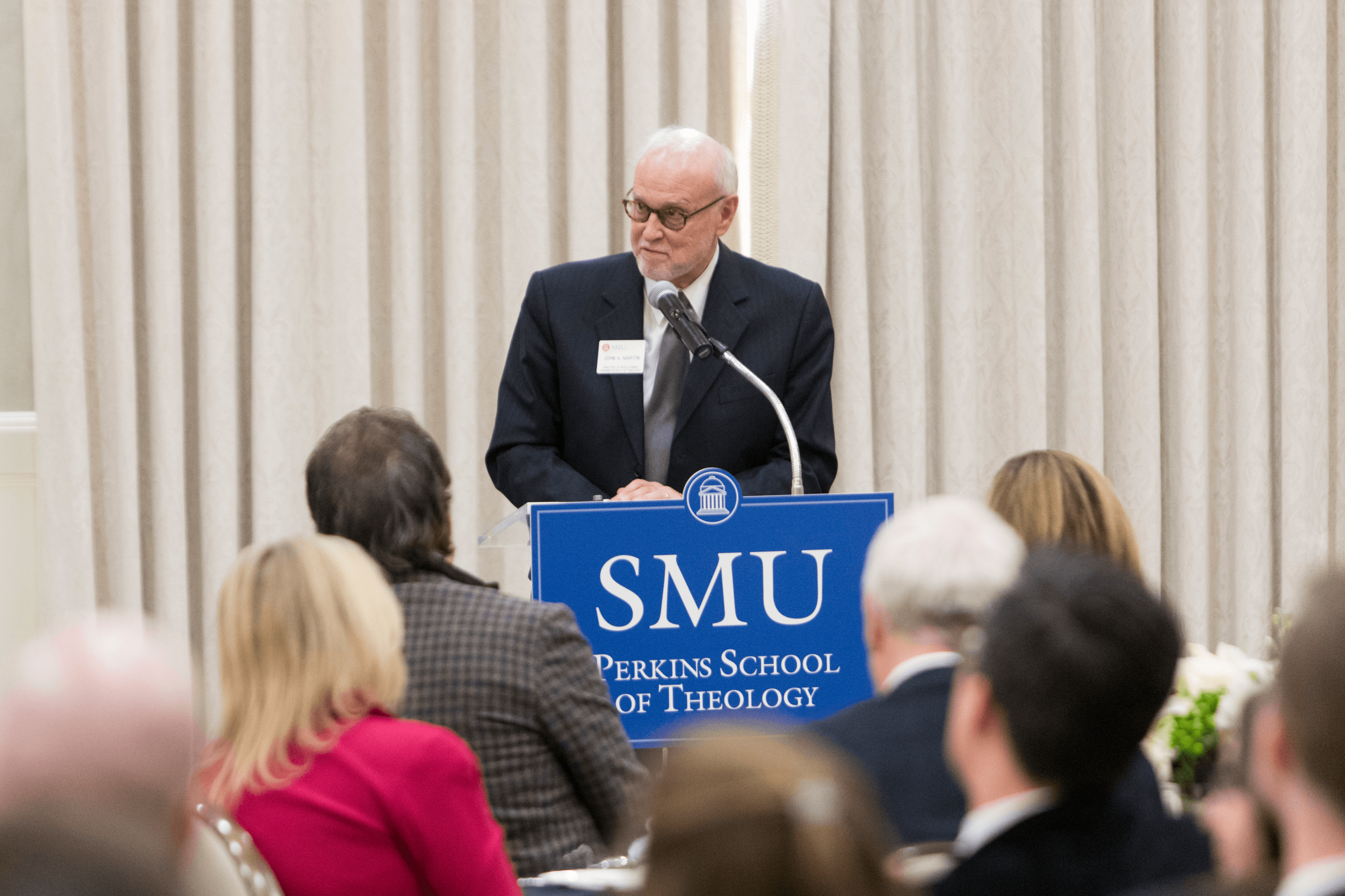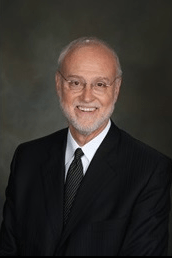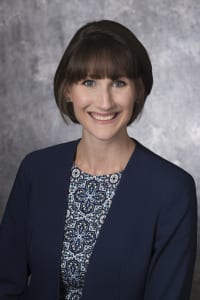[fusion_builder_container hundred_percent=”no” equal_height_columns=”no” menu_anchor=”” hide_on_mobile=”small-visibility,medium-visibility,large-visibility” class=”” id=”” background_color=”” background_image=”” background_position=”center center” background_repeat=”no-repeat” fade=”no” background_parallax=”none” parallax_speed=”0.3″ video_mp4=”” video_webm=”” video_ogv=”” video_url=”” video_aspect_ratio=”16:9″ video_loop=”yes” video_mute=”yes” overlay_color=”” video_preview_image=”” border_size=”” border_color=”” border_style=”solid” padding_top=”” padding_bottom=”” padding_left=”” padding_right=””][fusion_builder_row][fusion_builder_column type=”1_1″ layout=”1_1″ background_position=”left top” background_color=”” border_size=”” border_color=”” border_style=”solid” border_position=”all” spacing=”yes” background_image=”” background_repeat=”no-repeat” padding_top=”” padding_right=”” padding_bottom=”” padding_left=”” margin_top=”0px” margin_bottom=”0px” class=”” id=”” animation_type=”” animation_speed=”0.3″ animation_direction=”left” hide_on_mobile=”small-visibility,medium-visibility,large-visibility” center_content=”no” last=”no” min_height=”” hover_type=”none” link=””][fusion_text]
By Mary Jacobs
Theological education usually means listening and learning in a classroom or studying in a library. But sometimes it might mean getting your hands dirty: milking goats, shoveling dirt, worshipping in a drum circle, or cleaning out a supply closet.
That was how 11 members of the Perkins community – seven students and four staff — began the Fall 2018 semester, with Ministry Dallas, a program that took participants to three different outreach ministries for three days in August just before classes commenced.
At each location — White Rock United Methodist Church, Bonton Farms, and Dallas Bethlehem Center – they worshipped, did service projects, met staff members, and got an inside glimpse of an innovative ministry.
“The goal was to expose students not only to the needs of the people of Dallas but also some churches and organizations that are filling the gaps and reaching out in traditional, but creative, ways,” said Tracy Anne Allred, Assistant Dean of Student Life and Director of Community Engagement at Perkins.
That’s important as students prepare to enter ministry and leadership roles, according to the Rev. Katherine Glaze Lyle, who serves on Perkins School of Theology’s Executive Board. “Dallas is a huge field for ministry,” she said. “But it’s not going to be enough in the future to just do ministry the way we used to do it. It’s got to be ministry in new ways.”
Day 1: White Rock UMC
When Mitchell Boone arrived at White Rock United Methodist Church in Dallas’s funky Little Forest Hills neighborhood in 2012, the church was dying and barely able to even cover its utility bills. Membership had dwindled steadily since 1974. The church’s building was mostly a liability, deserted except on Sunday mornings, when about 120 members drove in from the suburbs. At the recommendation of a consulting firm hired by the congregation, the church added a contemporary worship band on Sunday mornings, to no avail.
Today, however, WRUMC is bustling seven days a week. On weekday mornings, preschoolers fill the Sunday School classrooms. The fellowship hall – before, used only a few times a year – is now home to The Mix Coworking & Creative Space, where small business owners, freelancers, caterers, artists and others work. (The Mix is managed by a partner, the Missional Wisdom Foundation.) Outside is a community garden, host to yoga classes, a composting station, and an herb garden open to anyone who’d like to snip a few sprigs for tonight’s dinner. Most of the garden’s plots are tended by neighbors who are not members of the church. Another unused room now serves as the meditation room for Maria Kannon Zen Center. A gymnasium, dormant for years, is now alive with Peruvian dance classes and pick-up basketball games.
Boone, who is WRUMC’s pastor, shared the secret of the church’s rebirth: meeting with people in the neighborhood, learning about their needs, forming innovative partnerships – plus a dose of humility.
“It’s not rocket science,” he said. “Instead of seeing our mostly empty building as a liability, we asked, ‘How would the neighborhood use this space?’ We realized we do not have a monopoly on the ways in which God is working.”
Ministry Dallas participants worked in the garden, toured the building, met with staff members and artists at The Mix, and enjoyed lunch prepared by Rhonda Sweet, a caterer who manages The Mix’s new commercial kitchen. The group also gathered in a drum circle for worship led by Rebecca Garrett Pace, the church’s Director of Worship.
“The visit gave me a different vision for what a church can be and how it can be plugged into the community,” said Zack Hughes, a second-year M.Div. student. “They are sharing resources and talents; there’s much to be learned from the model that WRUMC is setting.”
Day 2: Bonton Farms
There’s a saying posted on a wall at Bonton Farms: “We don’t grow vegetables. We grow people.”
The urban farm has goats, chickens, turkeys, fresh vegetables, and a mission to serve hurting people in the neighborhood. About three-quarters of the men living in the Bonton area have served jail time by age 25. More than 60 percent of residents have no driver’s license, no car and little access to transportation.
Surrounded by three highways, train tracks and a river, the area is isolated from the rest of Dallas. It’s also a food desert – neighborhood convenience stores are stocked with junk food and booze but few healthy options. A resident can spend hours on public transportation just to get to and from a grocery store. Not surprisingly, Bonton residents have astronomical rates of diabetes, obesity, cancer and other health issues. In hopes of reversing that trend, the farm offers healthy, fresh alternatives.
During their visit, Ministry Dallas participants milked goats and shoveled dirt, and heard the stories of farm employees like Jovan Anderson, who found work, purpose and support at Bonton Farms.
“Before I came here, I’d never been on a farm,” he said. “I just fell in love. Everything I do here, I learn from it.” Another employee shared how he’d recently earned his driver’s license for the first time. Now he’s the driver who shuttles people and supplies for the farm; he’s hoping to eventually earn his commercial license.
Cash donations and produce sales at the Dallas Farmer’s Market and to restaurants (Café Momentum is a big customer) support the farm financially. Plans are underway to add a grocery store and eatery.
Bonton was started by Daron Babcock, who quit his job and sold his home in Frisco in 2011 to move into an abandoned Habitat for Humanity house in the neighborhood. He had no plan other than to serve. Conversations on the porch with neighbors expanded into a Bible study, which in turn morphed into an effort to help residents find jobs, which eventually led to the creation of the farm. For Ministry Dallas participants, Bonton’s story reinforced lessons from the previous day at White Rock United Methodist.
“At both, the focus was turned outward to the community and the main job became listening and walking hand in hand with others,” said Emily Clark, a first-year M. Div. student. “It was such a beautiful reminder of what ministry is all about.”
Day 3: Dallas Bethlehem Center
Situated in one of city’s most economically challenged neighborhoods, Dallas Bethlehem Center is a community center with a preschool, a food distribution program and a dream to do much more. Founded by the United Methodist Women, the Center closed its doors for financial reasons in 2011, reopened in 2013 and is today in rebuilding mode under a new director, Chelsea White.
That resilience in the face of challenges offered valuable lessons for Ministry Dallas participants, according to Lyle, who serves as chair of Dallas Bethlehem Center’s board. The community center is situated in the middle of a food desert. About 80 homes in the neighborhood – including one across the street – are known crack houses. Gun shots ring out day and night. Few residents have access to a car and unemployment is high.
“Yet, the level of resilience and personal resources is also huge,” Lyle said. “The people there have a lot to offer, and it’s important for church leaders to get in touch with that resilience.”
Ministry Dallas participants toured the facility and organized a supply closet used to stock backpacks distributed to kids in the neighborhood. Many were impressed by White’s innovative ideas on fundraising and community involvement.
“Chelsea encouraged us to not view fundraising as ‘Please, fund our cause,’” said Joyce Vanderlip, a second year M.Div. student. “Giving makes people feel good. Done right, fundraising is matching an opportunity to a person with that desire to give.”
Reflections
Now that the academic year is underway, participants say the Ministry Dallas experience will stay with them as they discern where they might best serve the community. Zack Hughes, who is “on the fence” as to the direction for his Perkins internship and ultimately his post-graduation career, says “Ministry Dallas gave me a lot of food for thought.”
Others said they left the experience with ideas for more effective ways to be in ministry – as well as a sense of hope.
The experience taught participant Richard Anastasi, a second year M. Div. student, to “first, listen to the community, learn what they want and need, love them, and then begin to serve.
“I left each ministry each day inspired and hopeful of what is possible in apparently impossible situations.”
Mary Jacobs, former staff writer for The United Methodist Reporter and the Dallas Morning News, is a freelance writer in Dallas.
[/fusion_text][/fusion_builder_column][/fusion_builder_row][/fusion_builder_container]






